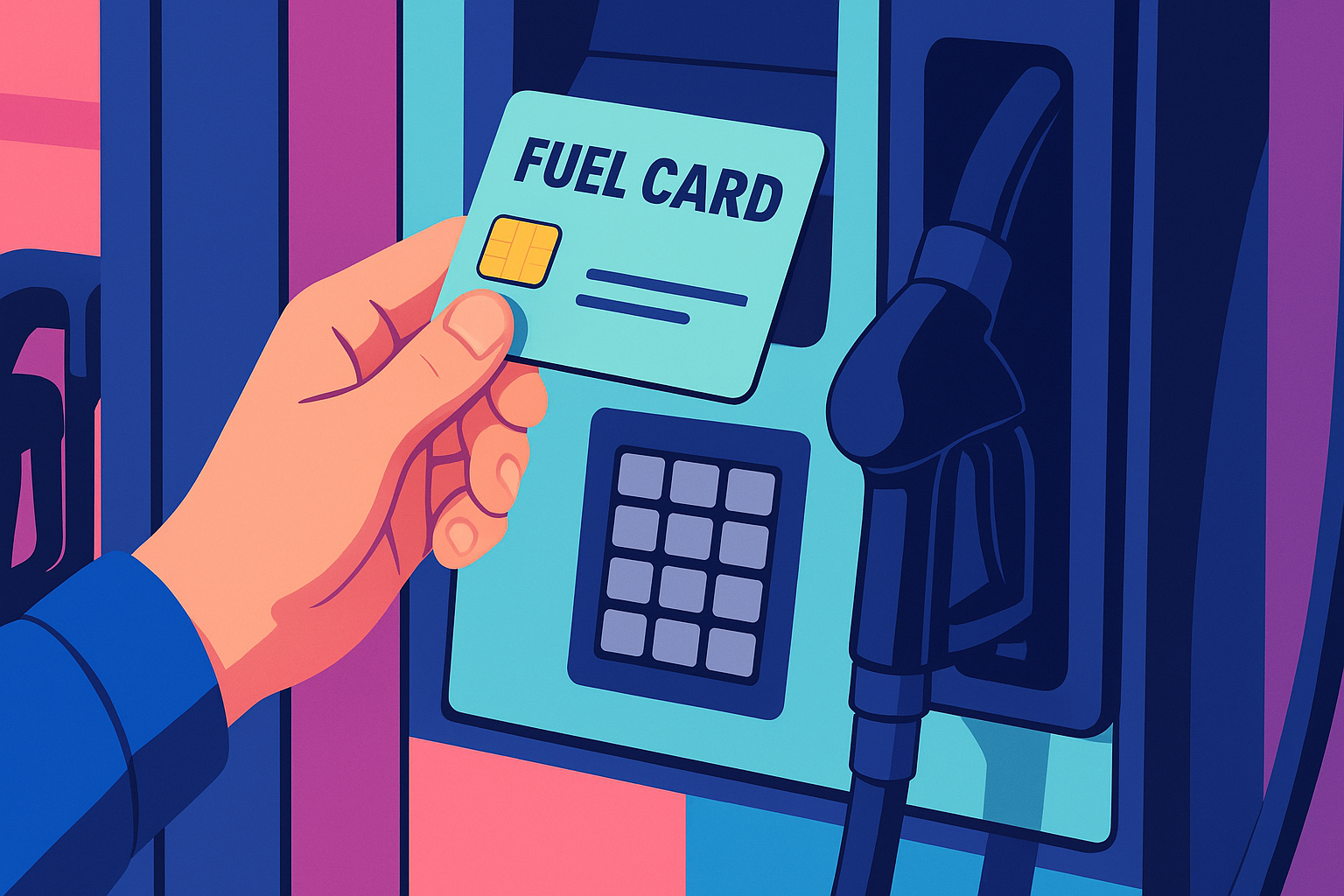Follow us on LinkedIn
Our PageIntroduction
How many vehicles are needed to purchase fleet insurance? Does your workplace employ enough drivers to make fleet insurance a cost-effective business strategy, or is it better to roll the dice on individual plans for each vehicle in your fleet?
The majority of workplace accidents involve one or more vehicles. Automotive accidents are responsible for billions of dollars in damage, medical costs, and lost workplace productivity annually. Obtaining good insurance coverage is one of the chief responsibilities of any fleet manager, as a policy protects your business on multiple fronts.
Strategic sourcing and efficient purchasing are two of the cornerstones of fleet management. That doesn’t apply to parts and vehicles but to every aspect of your operation, from labor to fuel to risk management strategies (such as insurance.)
Defining Fleet Insurance
Fleet insurance is a commonplace name for various possible insurance policies. The common factor differentiating these policies from standard commercial automotive insurance is that fleet insurance has multiple vehicles at once—think five or more (or many more) all under one policy.
Each insurer will have unique definitions and policy parameters. They may insure multiple commercial vehicles under one policy but not refer to it as fleet insurance.
So, the first principle when defining fleet insurance is to shop around to multiple insurance providers to compare plans, terms, and conditions, as each insurer is free to set their own rules for policy eligibility and coverage.
The Five-Vehicle Threshold For Fleet Insurance?
Five vehicles are often stated as the minimum number required to be eligible for a fleet insurance policy. [1] [2] Still, some sources claim fleet policies may be permitted for as few as three commercial vehicles.[3]
Other insurance companies set a minimum premium in dollar value of the insured vehicles [4], and others opt for weight as the distinguishing factor.
Is there a maximum number of vehicles insurable under a fleet insurance policy? This depends entirely on the insurer. Theoretically, the only upper limit for the number of cars insurable under a single policy is what you are willing to pay.
Why Pay For Fleet Insurance? Three Reasons
- Legal obligation. We’d be lying if we said this wasn’t a compelling reason to purchase fleet insurance. Forty-eight of fifty U.S. states require commercial auto liability insurance and can even impose penalties on businesses found to have lapsed coverage. Compliance with United States law remains one of the most practical business strategies in 2023 and beyond. New Hampshire and Virginia are The only states that don’t require commercial auto insurance, keeping their ‘maverick state’ reputations intact.
- Cost. Insurance companies also benefit from offering fleet insurance policies, allowing them to service large businesses without a corresponding exponential increase in paperwork. When a fleet consists of hundreds or thousands of vehicles, insuring each individually could require a small phalanx of actuaries. Insurers are happy to pass on a discount to save themselves from additional staffing costs.
- Convenience. Just as it’s more convenient for businesses to license and register entire fleets of vehicles at once, placing all vehicles under a single policy result in one easy payment. Fleet insurance policies nearly always include a rider that allows new cars to be added or removed from the policy, meaning your initial coverage stays good as vehicles are purchased and decommissioned.
Customized Fleet Insurance Coverage
Most commercial fleet insurance policies can be customized to suit your organization’s needs. Contact your insurer to investigate available options if you have specialty vehicles – agribusiness transportation, refrigerated compartment trucks, and so forth. Customized policies can be one way for a savvy fleet manager to reduce costs in the long run.
Compliance, Payment, And Requirements
As always, check with your insurance provider for exact conditions and requirements. If you are choosing between multiple possible insurers, obtain a quote and request to see the written policy from each.
Directly comparing terms and conditions from one policy to another can provide insight into the common elements and disparate clauses of fleet insurance policies. Knowledge is its reward, but you can directly compare costs versus liabilities and assess the right mix for your organization. Setting up recurring renewal and premium payments annually or monthly can reduce the entire fleet’s administrative overhead.
Fleet Insurance By The Industry
Commercial Agribusiness
With fleets of livestock haulers for large-scale meat delivery, agribusinesses are one industry where fleet insurance is standard practice. Businesses that produce or process agricultural products of any kind may be eligible for special protections under customized fleet insurance programs that cater to them. [5]
The Beverage Industry
From pre-production to end-user distribution, fleet managers working in the beverage industry need to keep a cool head—and know how to repair a cooling unit under short notice. Nearly all aspects of the beverage industry require careful temperature control, whether to prevent spoilage of raw or natural ingredients, to ensure successful fermentation, or to prevent or encourage secondary fermentation in the bottle (in the case of some beers, natural wines, and alternative beverages like kombucha.
Read our food and beverage industry fleet and reimbursement report:
https://cardata.co/blog/food-and-beverage-industry-report/
Conclusion
Five vehicles is the average number required to be eligible for commercial fleet insurance. You’ll probably get by with regular commercial automobile insurance if you own a smaller business that doesn’t need five or more vehicles to be operational concurrently.
But as long as you meet the five-vehicle threshold, it’s almost certainly worth the savings in both time and money to go with a fleet policy. That’s not the only way to save money on fleet costs. Cardata uses data-driven metrics and direct deposit to lighten your fleet management program on its treads. Click here to book a demo with us.
Sources
[1] Auto & Fleet Insurance In New York & Pennsylvania | Tomplins Insurance Agencies
[2] Commercial Auto And Fleet | Liberty Mutual Business Insurance
[3] How Many Businesses Need Fleet Coverage? | Risk Placement Services Insurance
[4] Contractor Fleet Insurance Guidelines | RLI Corp
[5] Get Commercial Auto And Fleet Insurance For Your Agribusiness | Nationwide
Share on:



